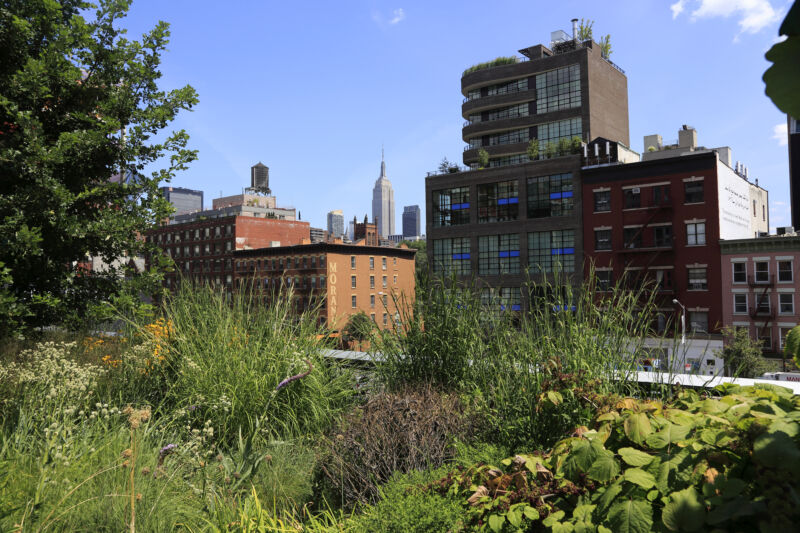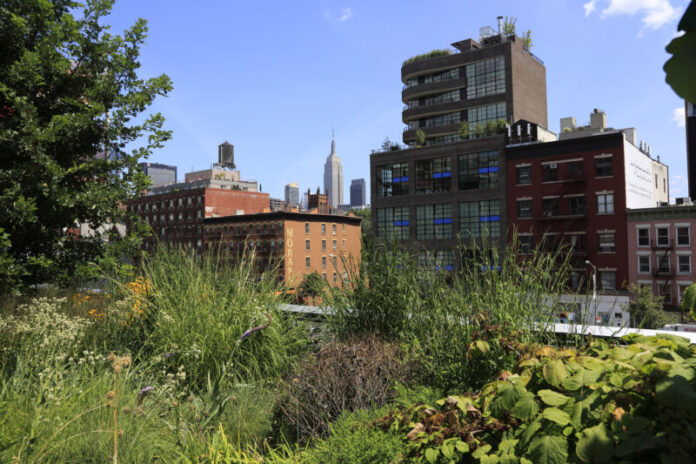
Enlarge (credit: Bruce Yuanyue Bi)
A few years back, the Internet was abuzz with the idea of vertical farms running down the sides of urban towers, with the idea that growing crops where they're actually consumed could eliminate the carbon emissions involved with shipping plant products long distances. But lifecycle analysis of those systems, which require a lot of infrastructure and energy, suggest they'd have a hard time doing better than more traditional agriculture.
But those systems represent only a small fraction of urban agriculture as it's practiced. Most urban farming is a mix of local cooperative gardens and small-scale farms located within cities. And a lot less is known about the carbon footprint of this sort of farming. Now, a large international collaboration has worked with a number of these farms to get a handle on their emissions in order to compare those to large-scale agriculture.
The results suggest it's possible that urban farming can have a lower impact. But it requires choosing the right crops and a long-term commitment to sustainability.
Read 12 remaining paragraphs | Comments
Ars Technica - All contentContinue reading/original-link]




